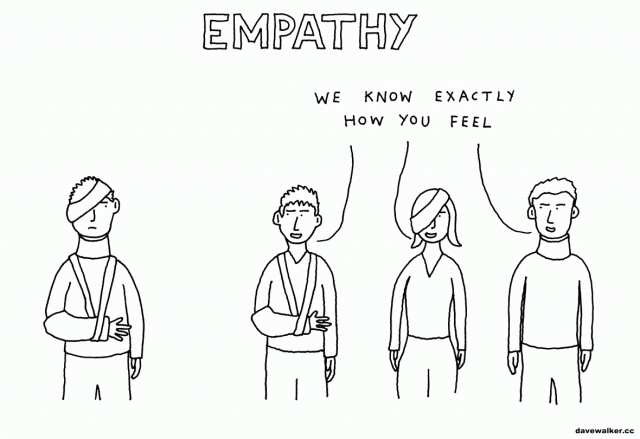Hannah Newman
Wildlife Editor
We live in a diverse world. A world of different cultures, races and religions. Regardless, many people live their lives without interacting with someone they don’t identify with. Although we are gifted with a vibrant and pluralistic community at Milken, beyond the spectrum of Judaism, there is little diversity. We live in a bubble, a sheltered and privileged bubble. While our bubble is safe and comfortable, it provides us with a false reality. A reality of uniformity and invariability.
Students who have taken Race, Class, and Gender with Dr. Holton most likely experienced culture shock when taken to the Union Rescue Mission on Skid Row for a mandatory field trip. When I had the opportunity to go, I watched my fellow classmates lower their heads in order to avoid seeing the minimally clothed children living on the sidewalk. Not following their lead, I looked into the eyes of starving children and tired mothers. I handed them trays of hot food and listened to their narratives of hardship and discrimination. I was exposed to the pervasiveness of inequality and the extent of poverty through stories of unemployment due to race, gender or ethnicity. This experience opened my eyes to the inequalities that exist not only in the world, but even 20 minutes away from my house. The stories I heard that night hit close to home, literally.
After this night, I took an interest in empathy and more specifically, ethnocultural empathy. I started noticing current events that had roots in racial or cultural conflict. Chicago’s 500th homicide of 2016 stands out in my mind most particularly, as nearly all of those killed were African American. The victims mostly lived in neighborhoods stricken with unemployment and poverty. This illuminates the perpetual cycle of inequality and grief that exists in our country. Many people would say that the violence in Chicago is a police problem. I would say it is a societal problem.
This past semester, I took Honors Advanced Social Science Research in order to learn why my fellow classmates put their head down that day on Skid Row, and the science of ignoring those starving on the sidewalks. I researched our biological ability to empathize with those who we perceive as different from us. So far, I have found that both visual cues and the emotions we experience can alter and impact this process. Differences in race, gender and class all have the ability to affect our capacity to empathize, but only if we allow them to. We have an innate ability to feel the pain of others. If we continue emphasizing our differences and not uniting through our belonging to the human race, we will continue to live among hatred. Yet, if we are able to join forces and create a global, empathic civilization, we could work to stop the perpetual cycle of oppression and discrimination, and ultimately change our culture.


